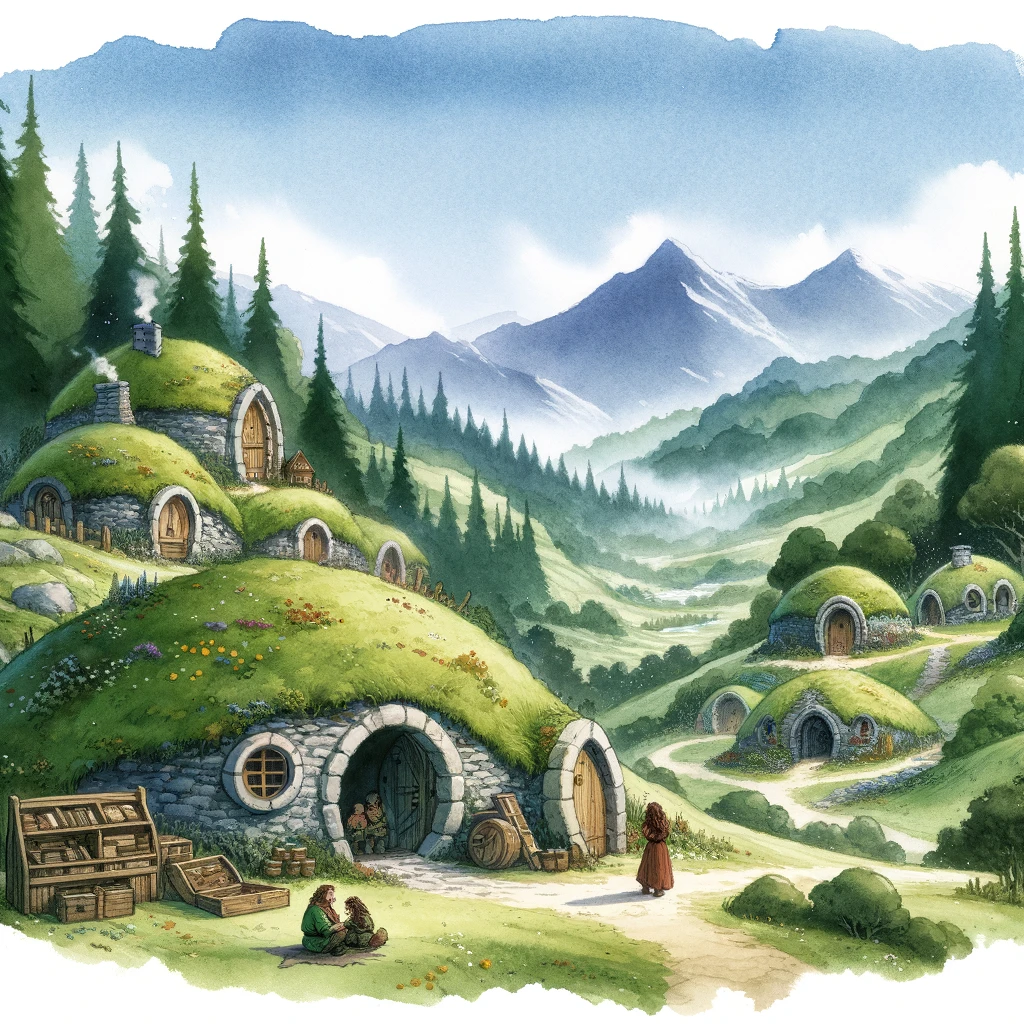
A busy steampunk cityscape scene



A busy steampunk cityscape scene
Hit Points (HP)
Hit Points (HP)
Hit Points (HP) represent the most critical measure of vitality in Dungeons & Dragons (D&D), quantifying how much damage a character or creature can withstand before falling unconscious or dying. Serving as a numerical buffer against the harsh realities of combat and adventure, HP is a fundamental component of gameplay that influences player decisions, strategy, and character development.
Overview
In D&D, Hit Points are an abstraction of a character's endurance, will to live, physical toughness, and luck. They do not only represent physical injury but also the character's ability to avoid lethal damage through less tangible means like sheer grit or divine favor. As characters engage in combat, cast spells, or encounter traps, their HP fluctuates, decreasing with suffered damage and potentially increasing through healing or rest.
Determining Hit Points
At character creation, Hit Points are determined by the character's class and Constitution modifier. Each class has a Hit Die (e.g., d8, d10, d12), which represents the potential HP gain per level.
1. At First Level: Characters receive maximum Hit Points from their class's Hit Die plus their Constitution modifier.
2. At Higher Levels: With each level gained, players roll their class’s Hit Die (or take the average, as specified in the class description), adding the result plus their Constitution modifier to their HP total.
Monsters and NPCs have their HP determined by their stat blocks, often based on average rolls of their Hit Dice.
Gameplay Role
Hit Points serve multiple roles in D&D gameplay:
- Survivability: The more HP a character has, the more risks they can take in combat or while exploring dangerous locales.
- Combat Dynamics: HP levels of friends and foes alike dictate the strategy and flow of combat, influencing decisions to attack, retreat, or use special abilities.
- Character Progression: As characters level up, increased HP reflects their growing adventuring experience and resilience.
- Roleplaying Cues: Changes in HP can provide narrative opportunities, such as a character barely surviving a battle with just a few HP remaining.
Recovery
Characters can recover HP through several means:
- Resting: Short rests allow characters to use Hit Dice to regain HP, while long rests typically restore all HP.
- Healing Spells and Abilities: Many classes have access to spells or special abilities that directly restore HP to themselves or others.
- Potions and Magical Items: Consumables and magical items can offer instant HP recovery or temporary boosts to HP.
Losing Hit Points
HP decreases when characters:
- Take Damage: From attacks, spells, or traps.
- Fail Saving Throws: Against certain harmful effects that cause damage.
- Suffer Environmental Hazards: Like falling or exposure to extreme elements.
Zero Hit Points and Death
Falling to 0 HP has severe consequences, rendering a character unconscious and triggering Death Saving Throws to determine whether the character survives or dies. Specific spells, abilities, and monster attacks can also cause death instantly, bypassing the usual mechanics tied to dropping to 0 HP.
Conclusion
Hit Points are more than just a measure of health in D&D; they are a dynamic resource that players manage to navigate the dangers of the game world. They encapsulate the heroics, close calls, and dramatic moments that define the adventure, serving as a tangible link between game mechanics and narrative progression. Through the rise and fall of HP, the stories of characters unfold, marked by triumphs, defeats, and the relentless pursuit of glory.





